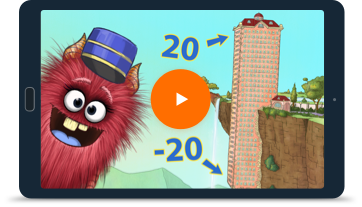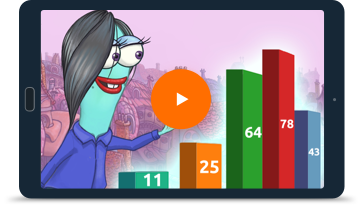
Teaching mathematics in the 21st century
Harouna Ba, Ph.D., A member of the Matific Academic Board, Director of the Sara Lee Schupf Family Center for Play, Science, and Technology Learning at the New York Hall of Science discusses how play, technology, and conceptual understanding can help to broaden STEM learning in the 21st century.
Mathematics and physics are strong predictors of postsecondary STEM success. But most students are not being adequately prepared at the elementary/primary and middle school levels. Educators have been calling for engaging, and effective curricular resources that can support teachers in preparing all students for, and encourage their interest in, STEM study. Altering the STEM learning trajectory for students in the 21st century requires among others three key interrelated elements: play, technology, and conceptual understanding.
Play as a pedagogical methodology can promote both intrinsic and extrinsic motivation which supports deep engagement and mastery of underlying mathematics and science concepts. ‘Play’ in guided learning environments makes learning playful. It develops students’ curiosity, exploration, nonlinear and divergent thinking, problem-solving, and creativity.
Technology like games and simulations when well-designed helps to develop students’ investigative skills through the playful manipulation of data, engagement in inquiry experiments without constraints of time or space, and visualisation of variables and outcomes. They can motivate students with challenges and feedback and tailor instruction to individual learners’ needs and interests.
Conceptual understanding is grounded upon a rigorous alignment among guided play, technology, and content learning. Programs that integrate these elements help students reconcile their prior knowledge with their conceptual understanding of target mathematics and science concepts. Teachers assist students in discussing, making sense, and reflecting on these concepts and thus, improving their content knowledge.
Check out two examples of Matific's mathematics activities designed to encourage students to explore maths concepts and develop deep conceptual understanding using a game-based learning environment.
Solve real-life problems involving addition and subtraction of numbers in the range -20 to 20. Help our character get to the right floor to deliver the room service.
This fun and practical episode focuses on an exciting range of skills including investigating, gathering, presenting, and examining information. Children are asked to help the Mayor of Matificville explore and present the survey results collected from the townspeople in graphical formats.

